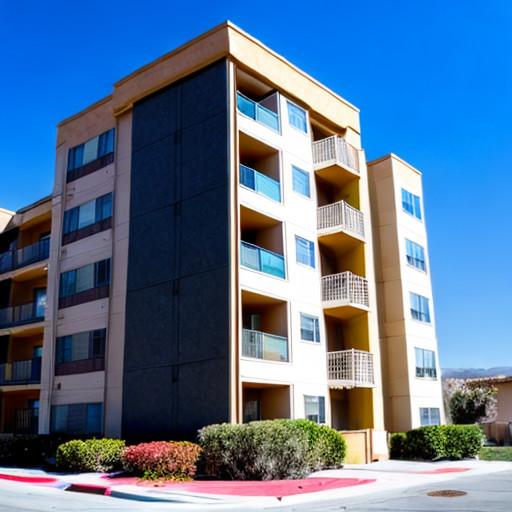Guide to Buying an Apartment as an Investment Property Introduction:
Investing in real estate, particularly in apartments, can be a lucrative endeavor. Whether you’re a first-time investor or looking to expand your portfolio, buying an apartment as an investment property can provide numerous benefits. In this guide, we will explore the process of purchasing an apartment, financing options, the best locations for apartments, and the current state of the housing market.
1. Setting Your Investment Goals: Before embarking on your apartment-buying journey, it’s crucial to define your investment goals. Determine your desired level of cash flow, return on investment (ROI) expectations, long-term appreciation potential, and risk appetite. These goals will help you make informed decisions throughout the process.
2. Affording Your Purchase: a. Private Financing Options: Consider private financing options like private lenders, hard money loans for apartments, or peer-to-peer lending platforms. These alternatives can provide more flexibility than traditional banks and may be a viable option for investors with less-than-perfect credit. b. Conventional Financing: Traditional mortgage loans are also available for investment properties. Explore the requirements, interest rates, and terms offered by different lenders to secure the best financing option for your needs.
3. Choosing the Right Location: a. Economic Factors: Research areas with a strong job market, population growth, and diversification in industries. This ensures a stable demand for rental apartments and potential for long-term appreciation. b. Proximity to Amenities: Look for apartments located near public transportation, educational institutions, shopping centers, and recreational facilities. These amenities attract tenants and may increase the value of your investment. c. Market Research: Analyze market trends, vacancy rates, rental prices, and future development plans. This information helps identify promising neighborhoods that align with your investment goals.
4. Evaluating the Property: a. Condition and Maintenance: Conduct a thorough inspection of the apartment, assessing the overall condition, necessary repairs, and any potential maintenance costs. Hiring a professional inspector can help uncover hidden issues. b. Operating Expenses: Evaluate the property’s operating expenses, including property taxes, insurance, utilities, and maintenance fees. Factor these costs into your projected cash flow calculations. c. Rental Potential: Analyze the apartment’s rental potential based on its size, layout, amenities, and location. Compare rental rates of similar properties in the area to ensure your investment is competitive.
5. Managing the Property: a. Self-Management: Decide whether you will manage the property yourself or hire a property management company. Self-management allows for greater control but requires time and effort, while professional management can provide convenience for a fee. b. Legal Considerations: Familiarize yourself with local landlord-tenant laws, rental regulations, and eviction procedures. Adhering to legal requirements helps protect your investment and avoid potential legal issues.
Buying an apartment as an investment property requires careful planning and research. Consider your goals, financing options like commercial bridge loans and the location carefully to maximize your investment potential. By evaluating the property thoroughly and managing it effectively, you can create a successful and profitable investment that yields long-term financial benefits. Always consult with professionals, such as real estate agents and financial advisors, to guide you through the process and ensure your investment success
